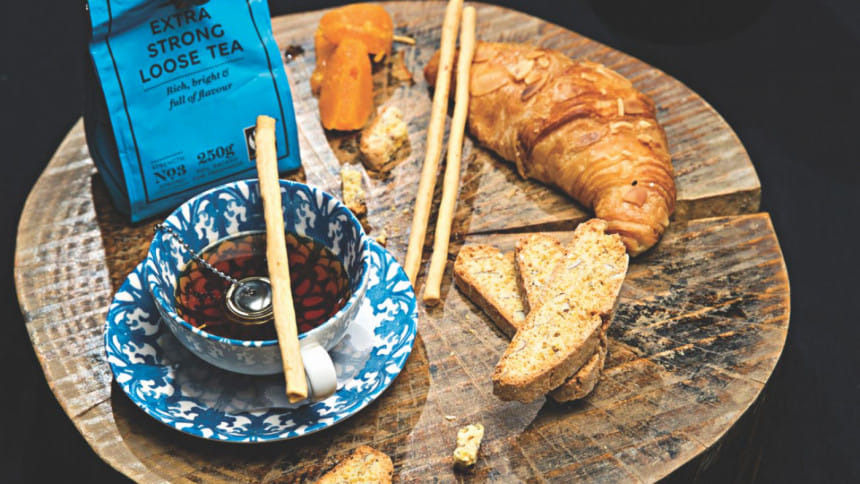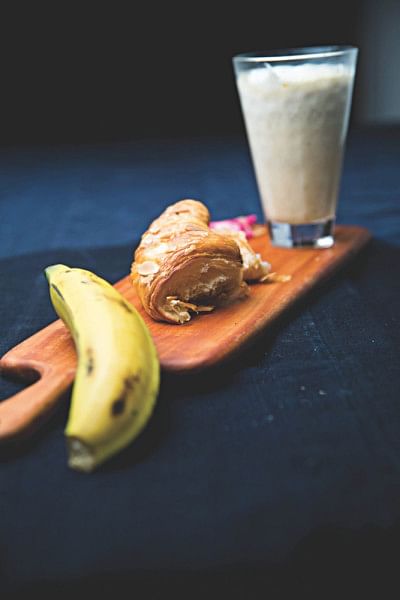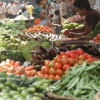Ramadan headaches and acidity

When prepping for the month of Ramadan, people consider things like grocery shopping, prayers, eventual shopping for Eid, and so on, but it escapes the thought of most people to prepare their body as well. After all, you don't exactly run a marathon right after waking up in the morning. There are preparations required for this month, especially for those of us who face challenges arising from the act of fasting itself. The two major complaints that you'll hear about most are headaches and gastroesophageal reflux disease, or more commonly known as acidity or heartburn. Planning iftar meals does not necessarily have to revolve around the status of your tummy, in fact being a common problem, here are a few ways to gear up before acidity attacks you this Ramadan:
Drink Hot Water: What with being in the middle of summer, and fasting for long hours, you'd think that this is the last thing you should do, but shockingly, warm or hot water helps more than cold water when fasting. Pro trip; avoid drinking water in large quantities as that fools you stomach into thinking its full and starts the digestion process, leading to acidity. Drink from a small glass in order to know how much you are drinking.
Cold Beverages: Break your fast with something fizzy or cold milk (without sugar) to prevent acid attacks and burning sensations to the stomach, respectively. You also can't go wrong with the Bengali favourite sherbet.
Coconut water: A natural beverage that aids with acidity, coconut water is a good alternative to cold beverages. It fights against dehydration with its electrolyte content as well as maintaining the pH levels of your stomach, and it also flushes toxins from the body.

Eat a lot of bananas: Aside from fibre, it contains a lot of potassium that helps prevent and fight against acidity and maintain the pH balance of the entire body.
Avoid citrus fruits: Go easy on fruits like oranges, pineapples, or any other citrus fruits because excessive amounts of Vitamin C will lead to acidity. These fruits can also cause problems of acidity when fasting. Try some mangoes or watermelon instead.
Headaches are another thorn for some during Ramadan, especially when paired with the summer heat. It's so common that this is probably something you hear about most. While you are free to use balms for some relief, its best to nip this problem in the bud. So here are a few ways to prevent and reduce episodes of headaches in this blistering heat:
Drink lots of fluids: One of the most common reasons for headaches when fasting is due to dehydration and the only way to resolve it is by increasing fluid intake, however, to avoid acidity, take it in small quantities over a longer period of time if you do not want to deal with the wrath of acidity while trying to cure that headache.
Cut back caffeine-based drinks: Other than their diuretic effects, they also cause withdrawal, which is linked to headaches. Limit your tea/coffee intake to decrease the amount of water lost from the body. If you cannot do without it, try having your coffee/tea at sehri instead.
Pack up on complex carbs: Since you will be fasting all day, what you need is a consistent supply of energy to carry you through the day. For that to happen, switch to food with complex carbohydrates that release sugar slowly into the blood stream. Switch to brown rice, oatmeal, yoghurt, vegetables, multigrain cereals that contain barley, wheat bread, quinoa, pumpkin etc.
Regulate your sleep cycles: A very common practice during Ramadan is to stay up all night until sehri, and then go to sleep. Getting in sufficient REM cycles is key to reducing symptoms of fatigue that can lead to headaches. Try to get in a few solid hours of sleep between sehri and iftar. Remember 7 is the lucky number!
Photo: Sazzad Ibne Sayed
Food and styling: RBR










Comments